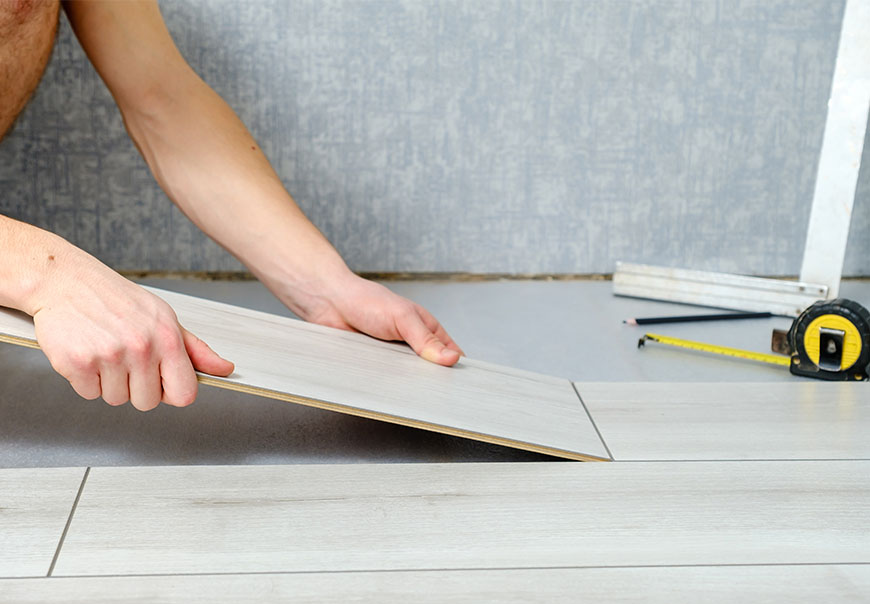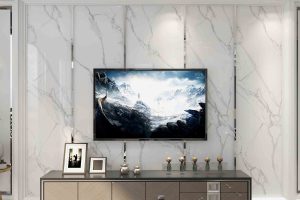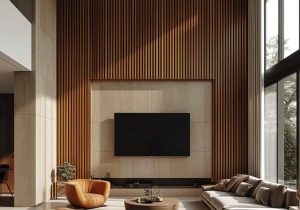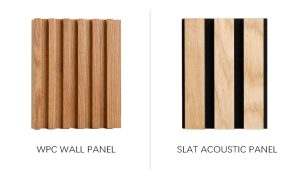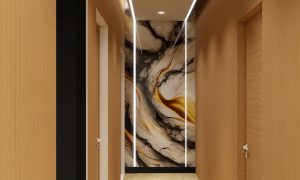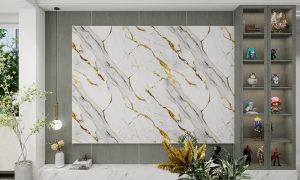SPC (Stone Plastic Composite) vinyl flooring is considered waterproof due to its unique construction and material composition. Here are the key reasons why SPC vinyl flooring is waterproof:
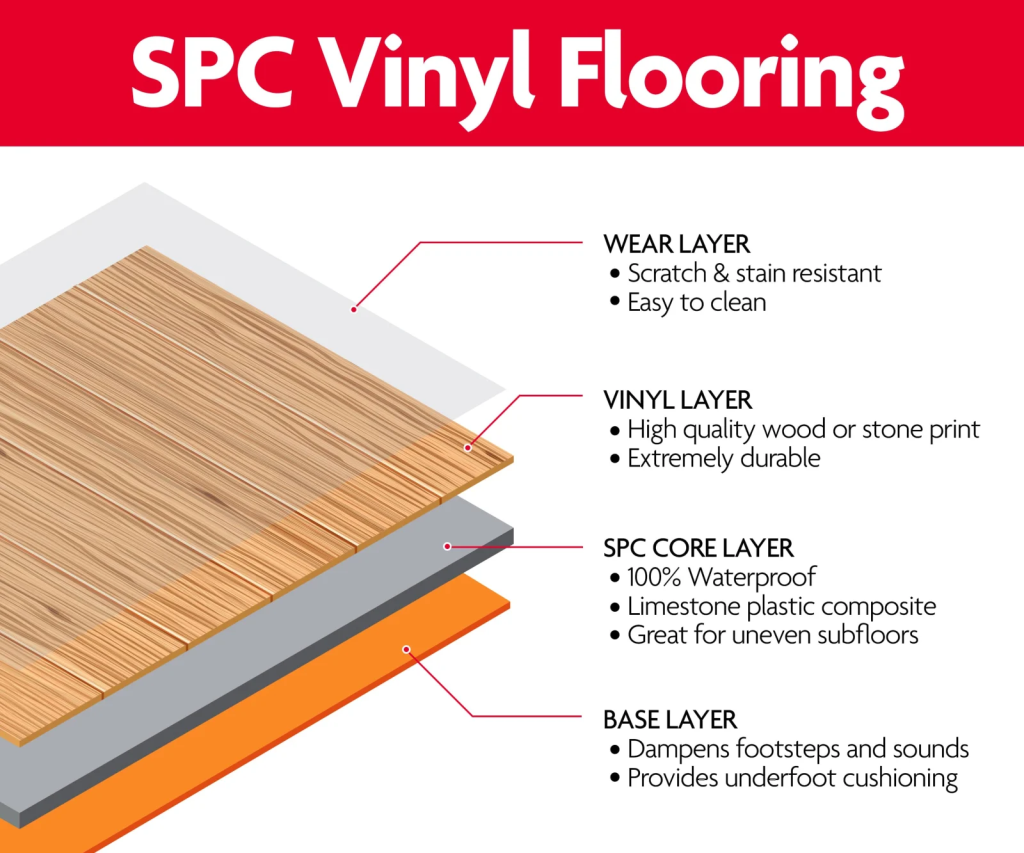
1. Core Composition
Materials Used: The core of SPC vinyl flooring consists of a blend of limestone powder, polyvinyl chloride (PVC), and stabilizers. Limestone provides rigidity and strength, while PVC contributes flexibility and water resistance. Water Resistance: The dense, impermeable nature of this composite material prevents water from penetrating or damaging the core. Unlike wood-based cores, which can swell or warp when wet, SPC cores maintain their integrity.
2. PVC Layer
Waterproof Characteristics: PVC is inherently resistant to water. This material is used in various waterproof applications, such as pipes and outdoor furniture, due to its ability to withstand moisture without degradation. Durability: The PVC component in SPC flooring ensures that the material does not absorb water, maintaining its structure and appearance even in wet conditions.
3. Wear Layer
Protective Barrier: The wear layer on SPC vinyl flooring acts as a shield against water, dirt, and scratches. It is typically made from a transparent urethane or aluminum oxide coating. Thickness Variations: Wear layers can vary in thickness (measured in mils), with thicker layers providing greater protection and durability. Common thicknesses range from 6 mils to 20 mils or more. Maintenance: This layer is non-porous and easy to clean, preventing water and stains from penetrating the surface.
4. Seamless Installation
Click-Lock System: SPC vinyl flooring often features a click-lock installation system, where the planks or tiles snap together. This system creates tight, seamless joints between the flooring pieces. Waterproof Seams: The tight seams formed by the click-lock system help prevent water from seeping through to the subfloor. This is crucial for maintaining a waterproof barrier, especially in areas with high moisture levels.
5. Non-Porous Surface
Material Properties: The surface layers of SPC flooring are designed to be non-porous. This means they do not absorb liquids, which helps prevent mold, mildew, and water damage. Ease of Cleaning: The non-porous surface makes it easy to wipe up spills and clean the floor, further protecting against water damage and maintaining hygiene.
6. Dimensional Stability
Rigid Core: The rigid core of SPC flooring is highly stable and resistant to changes in temperature and humidity. This stability ensures that the flooring does not expand or contract significantly with moisture exposure. Consistency: The dimensional stability of SPC flooring means that it remains flat and consistent over time, unlike some other types of flooring that can warp or buckle when exposed to water.
Additional Benefits of SPC Vinyl Flooring
Versatility: SPC vinyl flooring is suitable for various environments, including residential and commercial spaces. Its waterproof properties make it ideal for kitchens, bathrooms, laundry rooms, basements, and other areas prone to moisture. Realistic Appearance: Advances in printing technology allow SPC vinyl flooring to mimic the appearance of natural materials like wood, stone, and tile, providing aesthetic appeal along with practical benefits. Comfort and Sound: Some SPC flooring options include an underlayment attached to the bottom of the planks, which adds cushioning and sound absorption, making the floor more comfortable to walk on and quieter.
Conclusion

SPC vinyl flooring is engineered to be waterproof through its innovative construction and material composition. The combination of a dense, rigid core, PVC layers, a protective wear layer, seamless installation, a non-porous surface, and dimensional stability all contribute to its ability to withstand moisture without damage. These features make SPC vinyl flooring a reliable and durable choice for areas where water exposure is a concern.

